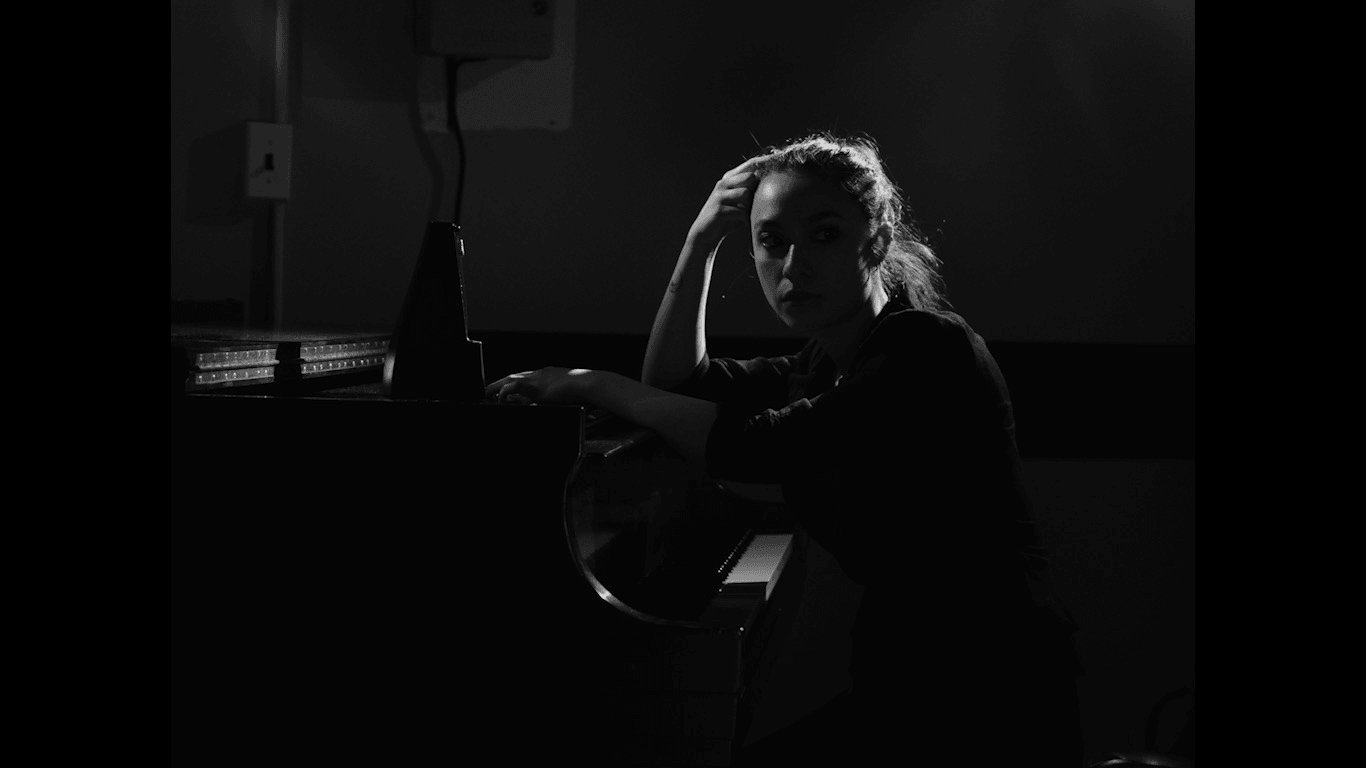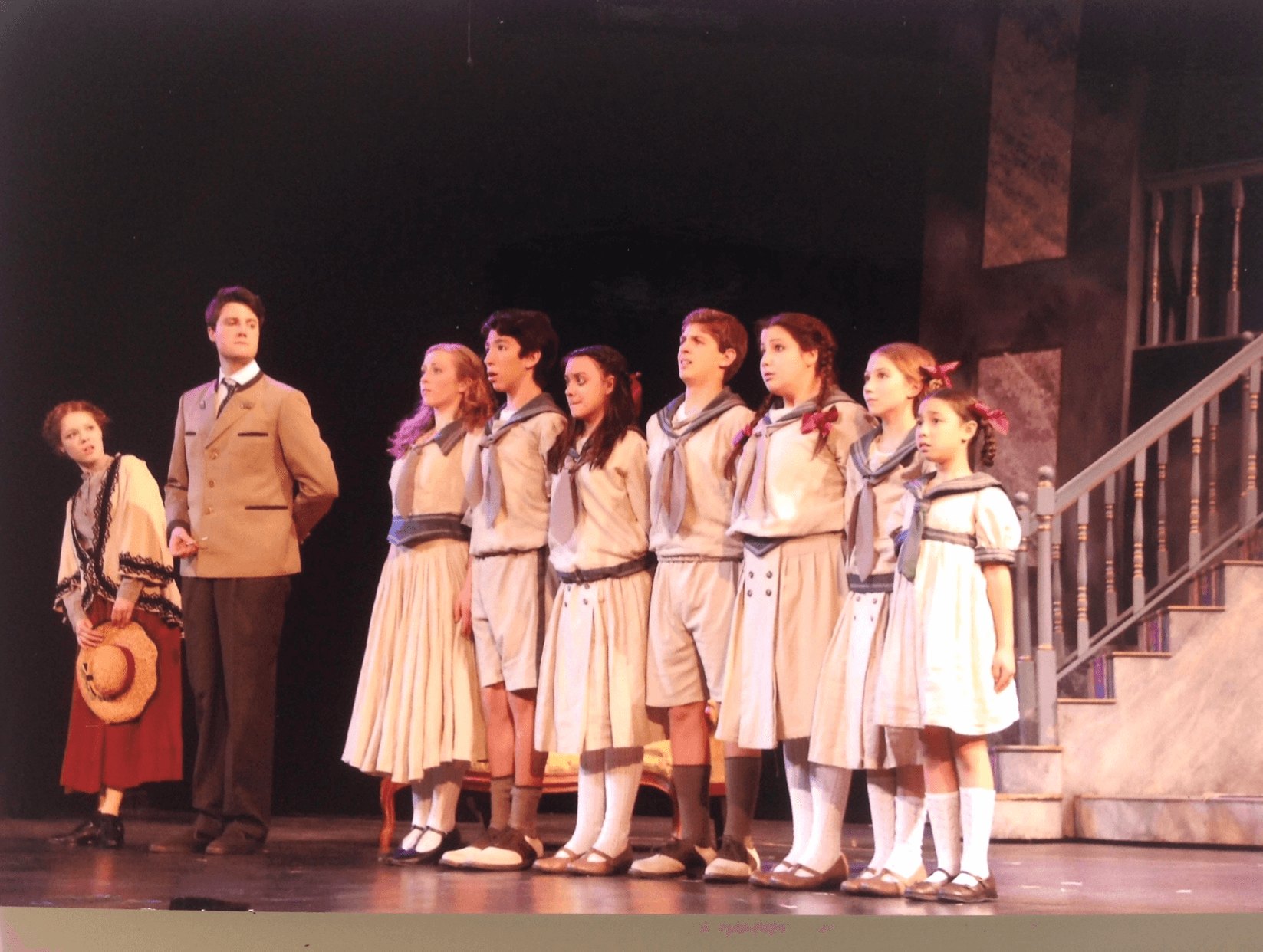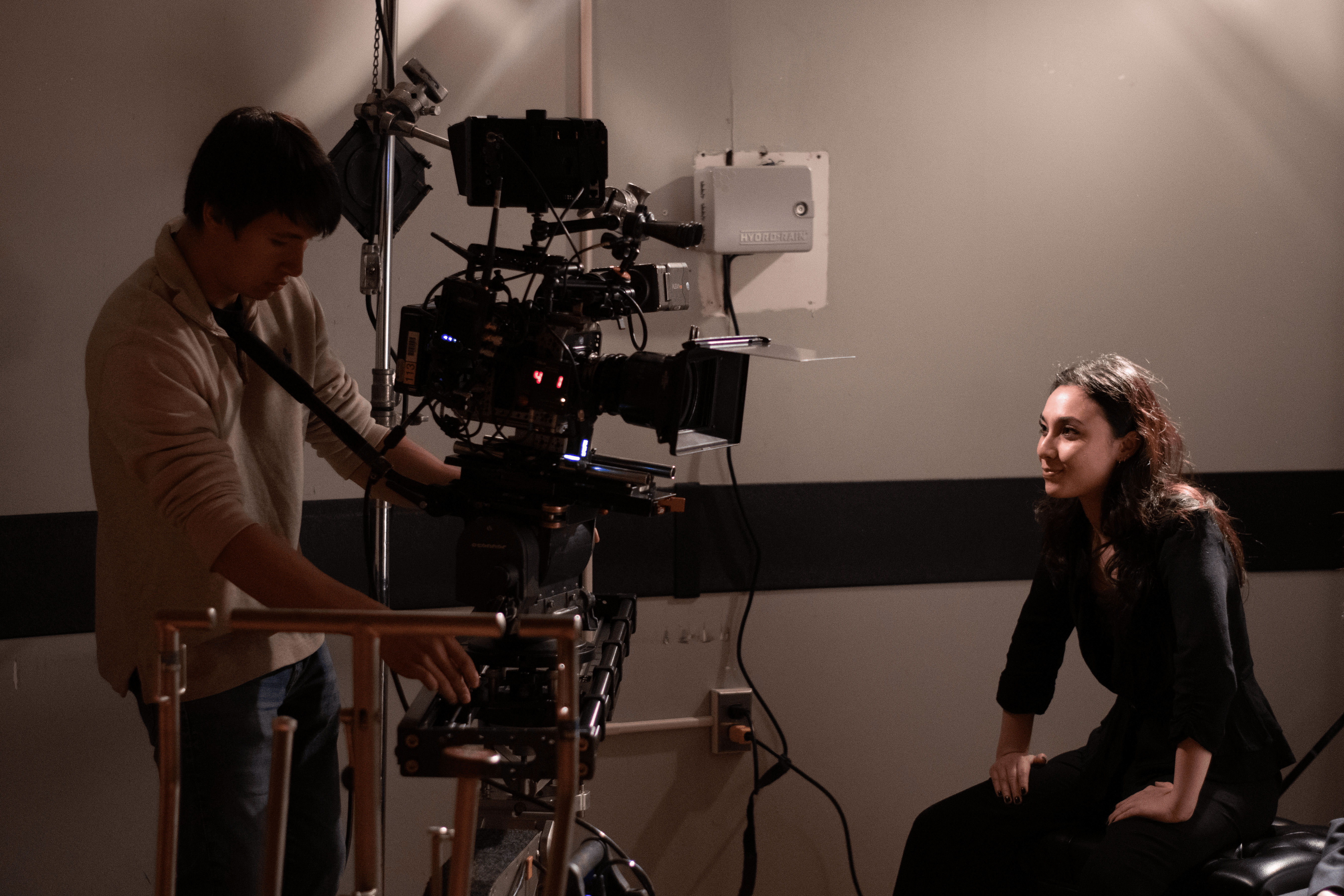We were lucky to catch up with Zoe Siegel recently and have shared our conversation below.
Zoe, looking forward to hearing all of your stories today. What did your parents do right and how has that impacted you in your life and career?
Being an only child, I have a very close relationship with my parents. I was lucky to grow up in an artistic household. My dad is a drummer and my mother is a doctor by day, writer by night. Music became an integral part of my life from early on. I listened to Nine Inch Nails along with The Wiggles and Nick Drake before I even hit pre-K—and I can’t thank them enough for that. My dad is also one of the funniest people I know, and our conversations often reflect that, where we try to outdo one another with accents or impressions. Humor is our bond, and we will never pass up a good bit. My mom is my guide. Her wisdom and creativity have helped me grow as an artist while keeping me grounded. They are the ones who have fueled my creativity and allowed art to be my calling.
They also never shy away from giving me tough love. They helped me realize that working hard is just as important as playing hard. They give me the hard truth, as difficult as it is to hear sometimes. And yes, there were moments when I didn’t take it well—especially during my “rebellious” teenage years. But that tough love has created a strong will and work ethic in me that is so important for being a successful artist. Now that I’m graduating, I’m starting a big new chapter in my life. I am pleased to say I feel prepared for it.

Awesome – so before we get into the rest of our questions, can you briefly introduce yourself to our readers.
Even when I was young, I wanted to perform every chance I got. The excitement of being onstage, as well as a sense of comfort I felt, kept bringing me back. I was lucky enough to be part of a school system that valued the performing arts. I performed in concerts and shows and had the opportunity to play Gretl in the high school’s production of The Sound of Music when I was only in fourth grade. It allowed me to showcase my singing, dancing, and acting; but even more, I met people who inspired me and challenged me to improve. I was hooked. I continued learning and performing during the summer at performing arts camps. I met wonderful teachers, mentors, and friends—connections which later opened up the opportunities to perform in cabaret shows and stages like Lincoln Center and Theatre Row.
At NYU Tisch, my journey has not only been about improving my craft, but maturing as an artist. I started out in The New Studio on Broadway for musical theater and spent the last two years at Stonestreet Studios for film acting. At Stonestreet, I trained an entirely new muscle. It taught me subtlety, nuance, and other techniques that have improved my work and appreciation for acting in front of the camera.
Learning the process behind how films are shot and produced was so fascinating to me. I’ve never been able to watch movies and television in the same way since. Knowing what happens in other aspects of production has also been incredibly helpful for me as an actor; it leads to a much smoother shoot and helps keep my acting grounded.
The last four years have taught me not only the technical skills for my craft, but reinforced how important a good work ethic and strong preparation is needed to succeed. I had the opportunity to learn from some seriously amazing people, and made friendships and connections that will continue well beyond graduation,
One of my favorite things about acting is integrating myself into the role. I want to make the character understandable, whether they are the protagonist or the antagonist, or morally somewhere in between. I hope that my performances are honest and draw people in, and that I will leave something for people to remember beyond the two hours they’ve watched me on stage or screen.

We often hear about learning lessons – but just as important is unlearning lessons. Have you ever had to unlearn a lesson?
I used to think that the best portrayals were characters like myself. As a kid, I would usually get cast in ingenue roles. I began to be conditioned to act sweet, clueless, and innocent for every character I played. It wasn’t until junior year of high school, when the theater department put on Pippin for the spring musical, that I got cast in my first ‘dark’ role: Fastrada. I was averse to it at first: it wasn’t the role I wanted; she wasn’t anything like me; and, most importantly, it was a smaller part (cue dramatic sound effect). Fastrada ended up being the first role that allowed me to play a darker side of myself. It taught me to approach characters differently and to dig inside their backstory. Her morals were gray, and I loved it. It was fun. As I’ve grown older, I realize there’s a complexity to a character’s decisions and behaviors that’s important to consider if I’m going to portray them justly. Characters, like people, are not inherently good or bad. I may not agree with their decisions, but I should make an effort to understand their choices. For me, the play lies in tearing those apart, but in a world run by social media, it’s also helped me consider other people’s viewpoints instead of rushing to judgment in real life.

How can we best help foster a strong, supportive environment for artists and creatives?
I was lucky enough to grow up in a school district with a robust and well-funded fine arts program. Creating opportunities and being able to nurture someone’s passion for the arts is incredibly important. Teamwork, perseverance, creativity, and the ability to think outside the box are as relevant to the arts as they are to sports. But the arts also provide cultural and human connections; things that cannot be reproduced despite technological advances and were so apparent during COVID.
And funding needs to go beyond school programs. Having been in my first off-broadway show last summer, I now know how hard it is to get the support needed for a show to prosper. Grants and donations are so important in bringing new ideas to fruition. I have so many incredibly talented friends who deserve to have their work seen, and struggle to share their art with the public. Valuing the arts for what they bring to the human experience, and widening the definition of success beyond monetary terms, allows shared experiences amongst audiences while providing inspiration and nurturing for new generations.
Contact Info:
- Website: https://www.zoesiegel.squarespace.com
- Instagram: @zoemsiegel


Image Credits
N/A


